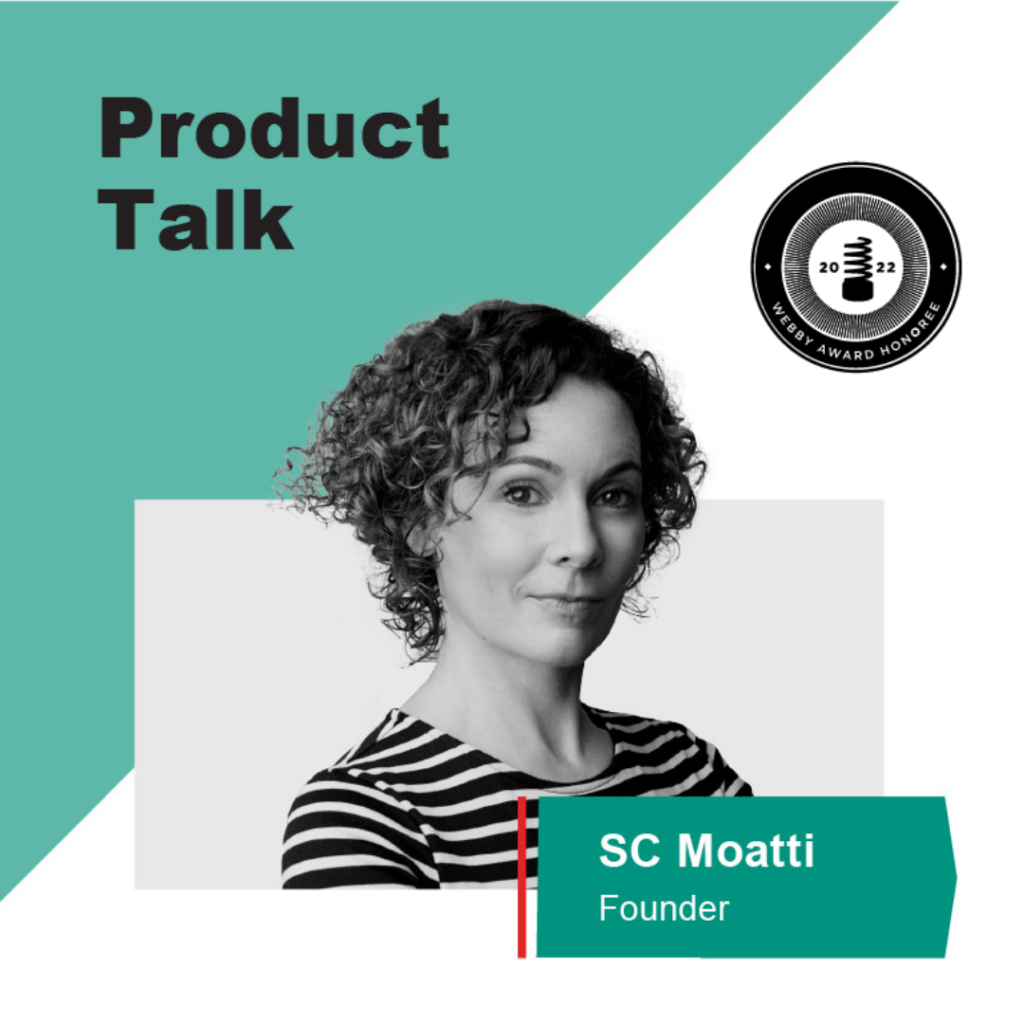What do product leaders need to consider when leading product in the education space? In this episode of Product Talk with Melissa Pickering, LEGO Education Product VP Andrew Sliwinski speaks on his journey to becoming a product leader in education. Andrew shares formative experiences from his childhood that sparked a passion for creative learning. He discusses his approach to managing change within large organizations and avoiding “tech for tech’s sake” by starting with the user experience. Andrew also offers practical tips for teams on staying focused through the design process and continuously refining product strategy based on learnings.
Subscribe to the Product Talk podcast on Spotify and Apple Podcasts and catch every conversation with leading product executives. Episodes drop on Wednesdays.

Show Notes
- Start with understanding what you want users/learners to experience.
- Consider the emotional, cognitive, social, and life skills dimensions of learning.
- Ask what’s the best way to deliver the desired experience, not just how tech can be applied.
- Evaluate the social and emotional impacts of the technologies being considered.
- Balance domain expertise with technical skills.
- Adopt a “tinkerer’s mentality” of synthesizing across perspectives.
- Focus on pragmatic quick wins to build trust and buy-in for change.
- Address the root causes of concerns, not just surface-level fixes.
- Get the whole team immersed in user research and testing.
- Avoid “belt and suspenders” design that over-hedges and adds complexity.
- Continuously refine product strategy based on learnings.
- Don’t put the product strategy in a drawer after initial approval.
- Be relentless in testing and collecting data while also trusting instincts.
- Don’t be afraid to kill ideas that aren’t good enough.
- Avoid sunk cost fallacies around past investments.
- Adopt a long-term perspective to help stakeholders think beyond buzzwords.
- Facilitate difficult conversations to align perspectives.
- Become an expert in the domain as well as the technologies.
- Read broadly across disciplines like education, design, and technology.
- Inspire teams by sharing formative experiences from your own journey.
About the speaker
About the host
I'm a purpose-driven change agent with a track record of building & leading cross-functional teams to develop & launch products for kids. From Disney Imagineering, to EdTech startup founder, to product innovation at The LEGO Group, I have spent over a decade building and leading product teams to innovate kids' play and learning experiences. Most recently, I have joined another purpose-driven mission at Willow Innovations to bring more joy to motherhood, building products to make moms' lives easier.